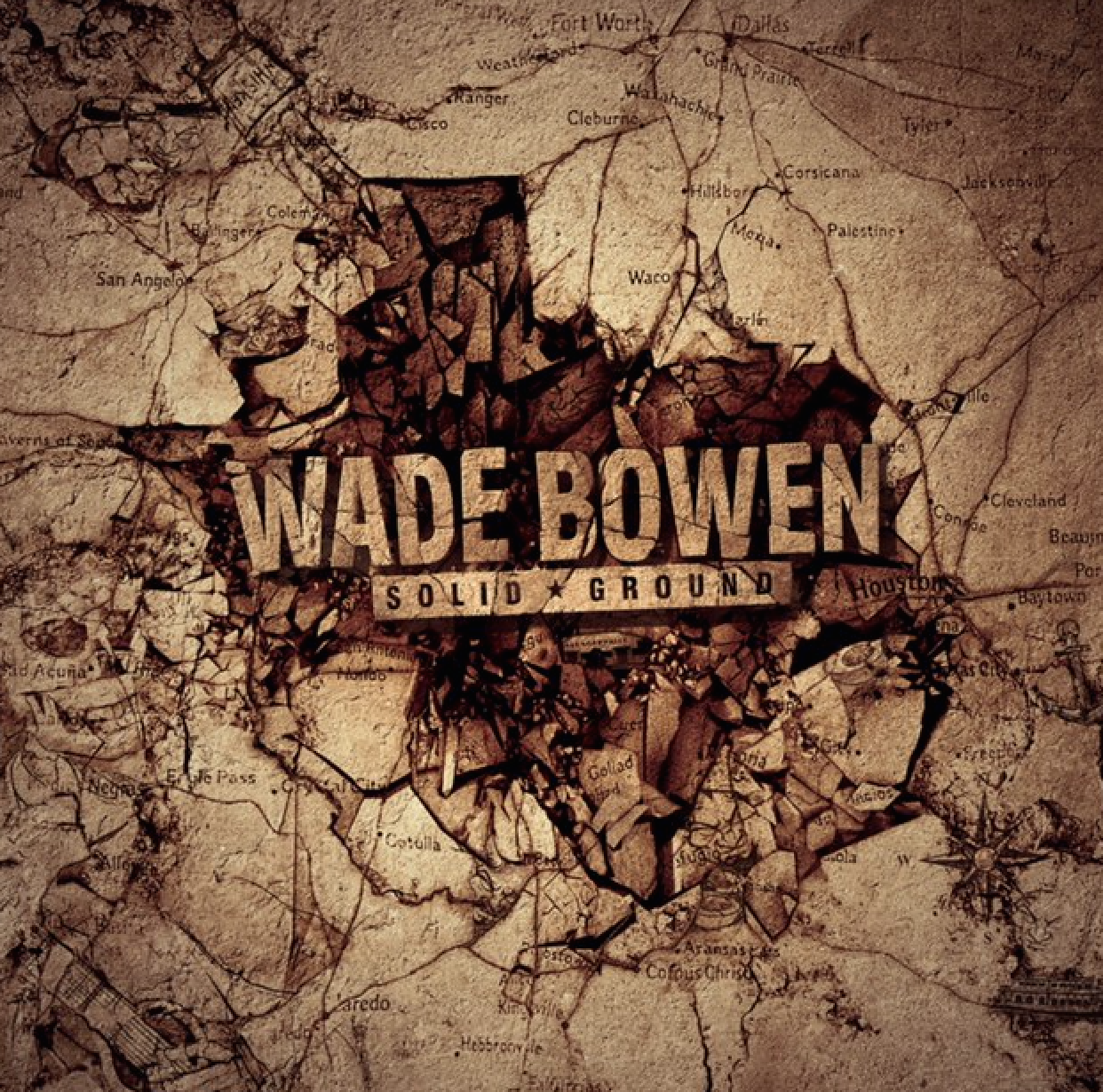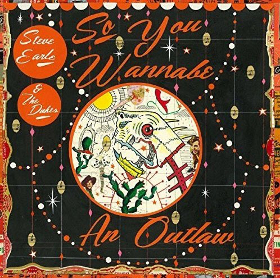Chris Stapleton has done to country award shows what Clemson college football did to Alabama–seemed new and fresh for a second, until you began to hate Clemson with the same equal passion you hated Alabama with before Clemson came along.
On November 4th, 2015, Chris Stapleton shocked the world at the CMA’s when, out of nowhere and with virtually no industry support, he won three awards, including Album of the Year and Male Vocalist of the Year. His debut album, Traveller, rocketed to the top of the iTunes charts as people sought to find out who this unknown bearded country traditionalist with a voice infused with soul could possibly be. Add to all that, his performance of “Tennessee Whiskey” with Justin Timberlake was one of the most memorable award show events in recent history and helped to make him an overnight superstar. Two days later, I wrote a piece entitled Who the Hell is Chris Stapleton: Answering the Question in the Minds of Millions of Sam Hunt Fans, an explanation that basically, the CMA voters knew what many fans and traditionalists had known all along, that Chris Stapleton had talent and potential, and he only needed a chance to be heard in order to fully realize that potential.
Fast forward to 2018, and Stapleton’s selling out arenas with almost no radio support. All three of his albums have sold remarkably well and regularly sit atop the Billboard album charts. In an era where streaming is king, Chris Stapleton’s selling records. In a time when country stars in the mainstream rely nearly exclusively on radio, Stapleton’s proven it’s not the only viable format. And best of all, he’s proving this all with quality music, and music that is somewhat traditional-leaning, if infused with blues and Southern rock at times.
But at this point, his nominations and wins at these award shows have become predictable, and we’re all going to become sick of Stapleton sooner rather than later. I was afraid of this in November at the CMA’s when I cautioned them to add more traditionalists, and it’s come to fruition with the ACM’s. “Whiskey and You,” while a great song, came from his 2015 debut album and had absolutely no right to be nominated for this year’s ACM Song of the Year. Instead of opening the door for other traditional and independent artists to walk through, Stapleton’s become the token traditionalist, nominated and winning to keep our crowd happy. Sure, he’s obviously better than the rest of the garbage the ACM throws out here, and the ACM is a joke at best these days anyway, but where the historic wins of Stapleton were once seen as a great stepping stone for other deserving artists not molded by country radio and the mainstream format, now they just seem as tired and predictable as the wins of FGL once were for Vocal Duo. And when you take into account the other crap, you still root for Chris Stapleton–because next to them, he deserves to win, and not only that, he deserves to win by miles. But he’s not the only artist out there who deserves recognition.
Furthermore, if he’s going to continue to win awards automatically now, this diminishes the value of the awards he actually deserves to win. It’s like what we’ve seen happen with Miranda Lambert; we are sick of her winning Female Vocalist of the Year because she’s the only token female these establishments will recognize, so that when she did deserve a win for an album cycle like that of The Weight of These Wings, we actually wondered if she wouldn’t get it this year because Carrie Underwood would beat her out simply from years of spite from Carrie Underwood fans. Miranda was deserving of the award at the CMA’s, but it hardly seemed significant when she had won the same award for doing virtually nothing in years past.
I don’t want to see it become this way with Chris Stapleton. When he won all those awards at the 2015 CMA’s, we all hailed it as a turning point for the state of country music–and for Stapleton himself, it has been, as he’s managed to become a star with virtually zero help from radio. But for the rest of the industry, it has done little, and he’s becoming nothing more than the token traditionalist.
I like Chris Stapleton. I think he deserves his success. I think the CMA took a huge step when it chose to give a deserving artist a chance in 2015, and because of the willingness of that organization to vote for someone who didn’t fit the normal mainstream mold, an artist’s life and career was changed forever. But it can’t stop there. This has to be a foundation, and Chris Stapleton has to be the first of many artists to receive this opportunity for it to signal any kind of true change. And right now, he’s starting to seem like an anomaly. Let’s change that before he becomes a cliché.

